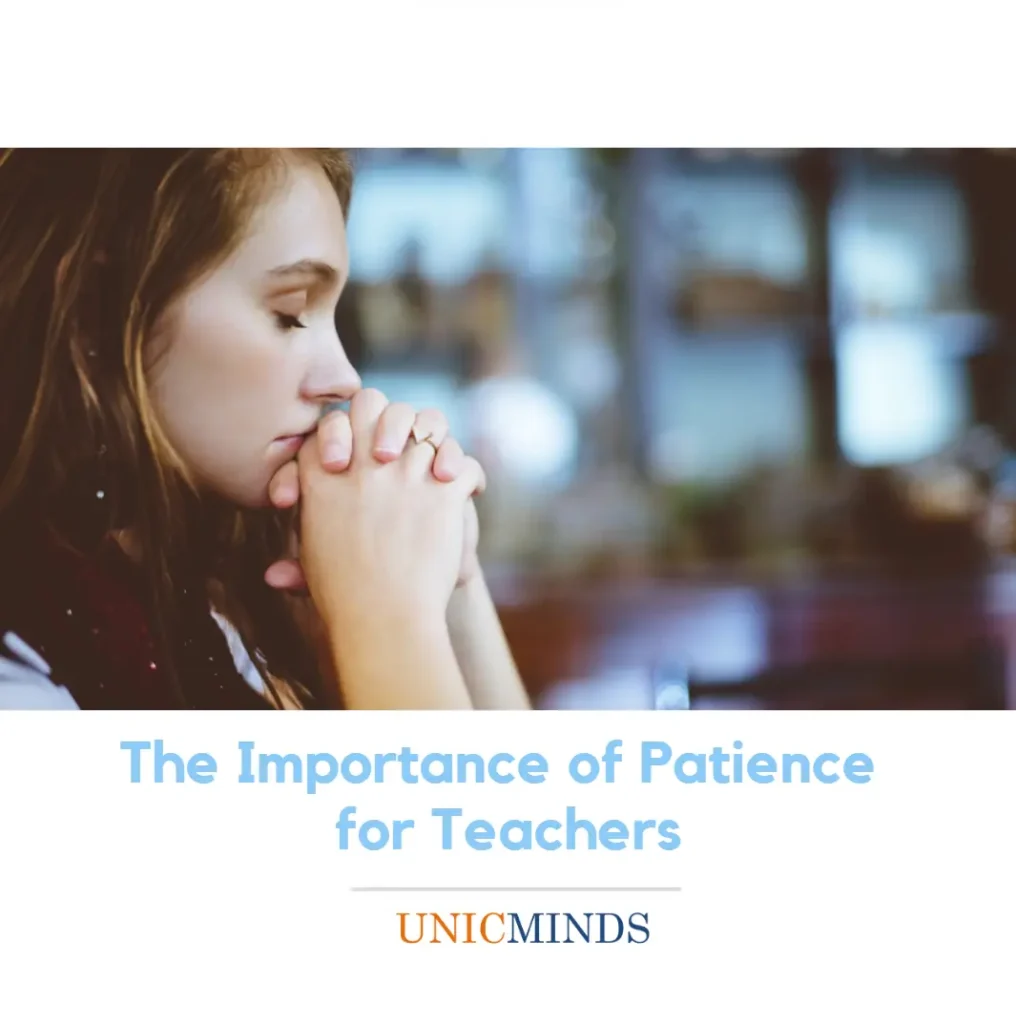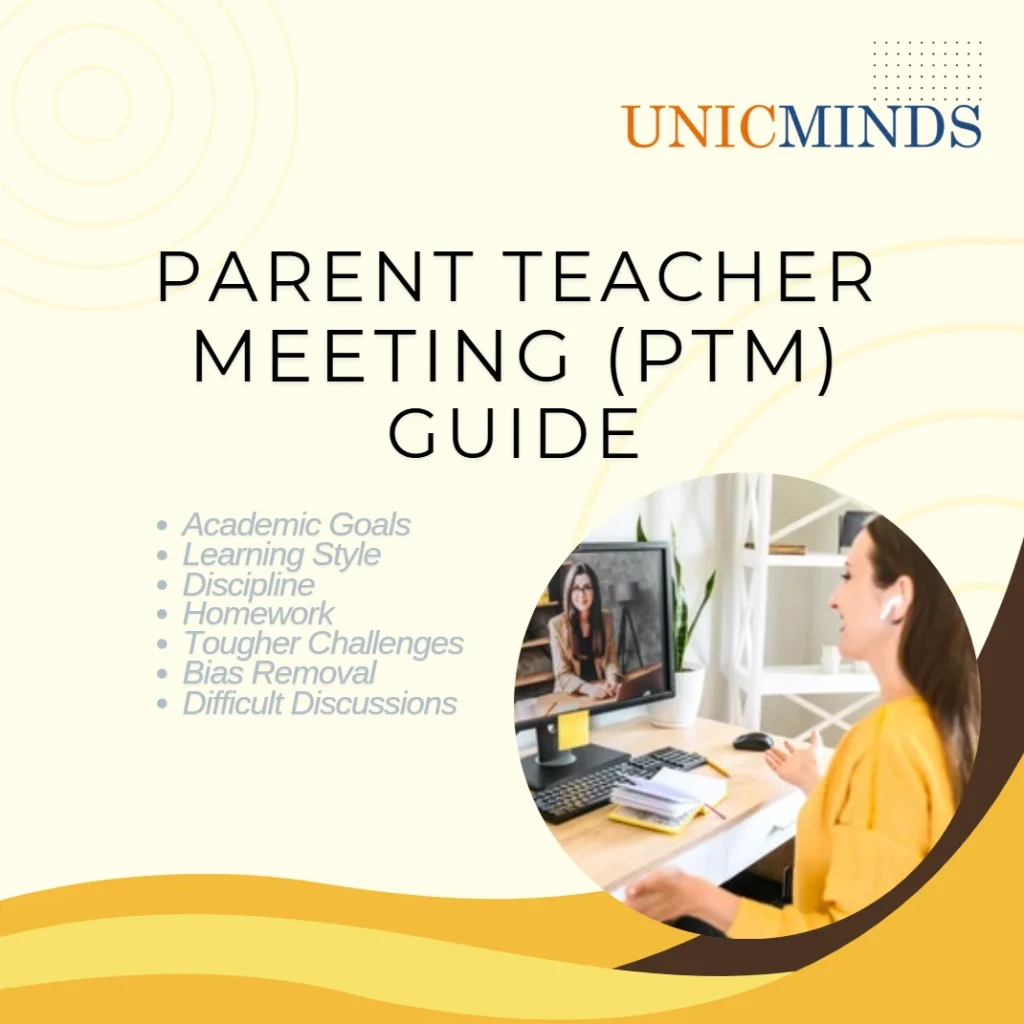Often in life, we focus a lot on technical skills and almost take character for granted. But, as one starts experiencing more of life, one realizes that your character is far more important in life than your technical skills. The quality of your work output is actually a reflection of your character and your character is a reflection of your thoughts. They say, do your work well, for it is the reflection of your character.
Even though children are far younger and teachers generally have a lot more life experience and subject experience, it is not easy being a teacher just like how it is not easy being a parent. Teachers should have a broad level of applicative knowledge not only in the subject knowledge alone, but also in a broad range of experiences and applications. This enables teachers to be able to carve and to curate the course specifically to a particular student basis the student’s interests, experiences, and abilities.
What is Patience, exactly?
Many times in life you cannot use your charm or your technical skills to create a desired output or event. You simply have to wait for your turn to act. In such a situation, the skill to wait is what comes into the picture. You simply have to wait. It is a skill. It’s like when you’re in a long queue in a store or waiting for something exciting to happen, but you don’t get angry or complain.
Patience is an attitude of the mind characterized by calmness when a person is waiting for something or when the person is enduring something tedious or enduring a delay It is the ability to stay calm in the face of suffering, frustration, and boredom. Patience is an important virtue of a human to achieve the desired goals. Eventually everything is not about technical skills and life tests your character as you move on. Lack of patience can destroy health, career, and relationships until you learn.
How do you develop patience, and what is the root of it?
Neurology says the neuromodulator serotonin plays a crucial role in the ability to stay patient. Studies have shown that people who are more conscientious tend to have more patience, for it is their patience that is creating their conscientiousness and discipline.
Patience doesn’t mean passivity or resignation or negligence. Patience is the emotional freedom to actively wait, actively watch, actively process and to actively know when to act. Patience shouldn’t become an excuse for procrastination, over-cautiousness, and inaction. Patience is not about sitting idle, it is about foreseeing. It is looking at the thorn and seeing the rose and looking at the night and envisioning the sunrise next day.
Patience for Teachers
Gandhi once wrote, “To lose patience is to lose the battle”. Among many virtues to be a good teacher, patience is an important one. Just like all grown up people, children too come in different personas. The one size fits all method doesn’t quite work in education. Teachers will be effective if they can help the students truly understand and internalize a concept. And, that requires patience in trying to be in the student’s shoes. It requires patience sometimes to also show maturity and take that extra few minutes of class to clarify the student’s doubts or to push the student to beyond his or her immediate abilities.
The Teacher’s Immediate Gratification
When teachers are teaching students, the teacher may not get an immediate gratification. Students might connect the dots much later in their minds no matter how much the teacher tries. So, patience is an effective art for a teacher to continue to do the necessary work with discipline in the face of no immediate results.
Patience vs. The Ego
Lack of patience stems from frustration and ego. Ego is the thought that your point of view is more important than that of others and sometimes even more important than the truth. Frustration stems from a lack of trust in God’s plan. At a larger level, if you trust God’s plan then you will be less frustrated and you will focus more on doing your part of work correctly.
When self-interest or ego prevails in our mind, we begin to compete with everyone for everything. We fail to see beyond our self-gratification. Impatience is a result of lack of trust. We trust our ego more than the miracle of life. Our imagination projects a reality and we only recognize that as the reality. To be patient is to accept that God’s will is far greater and better than mine.
Hope this is useful, thank you.
You may like to read: What is the MISA test?, AI Tutoring vs. Human Tutoring, & Teaching Robotics to Kids



